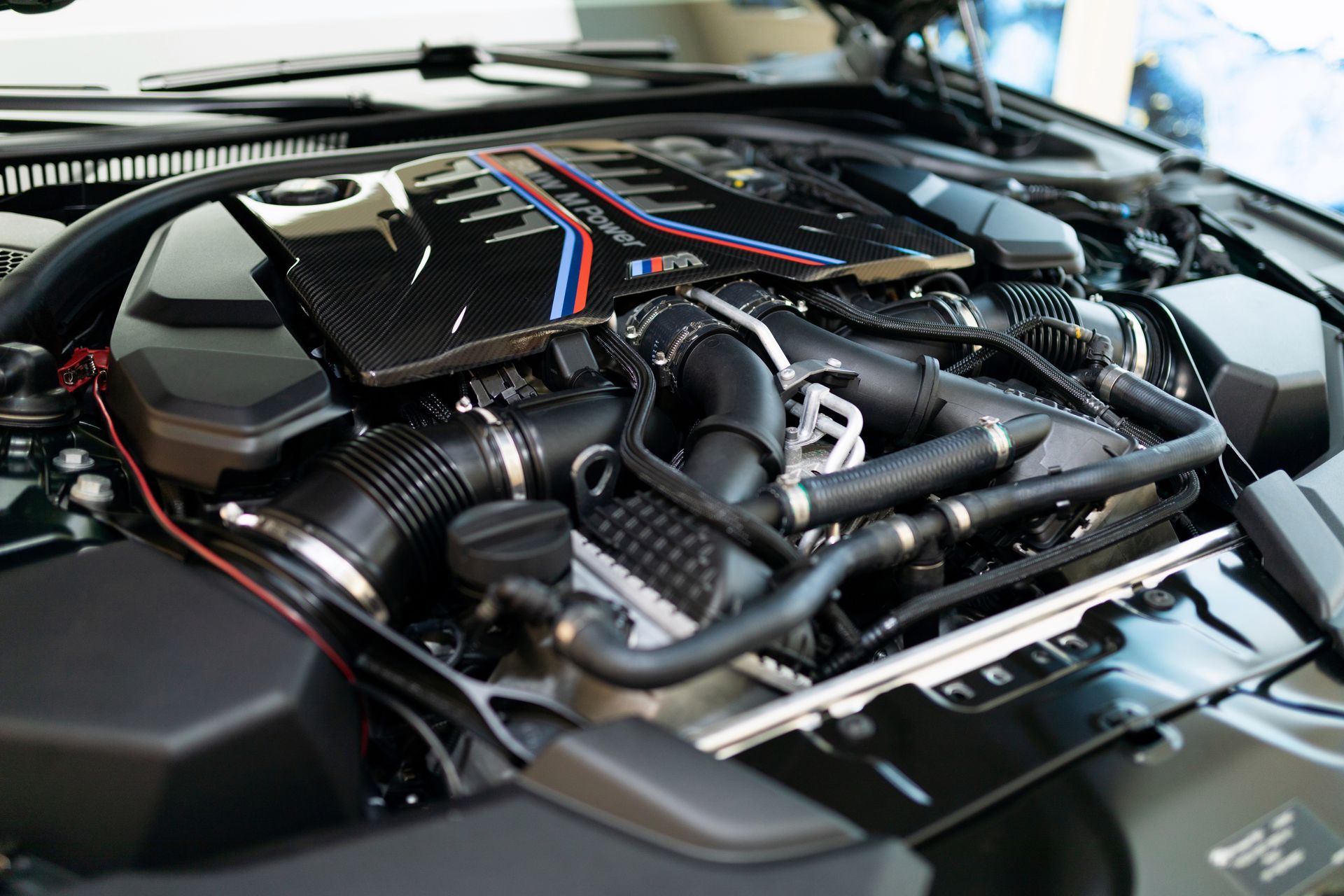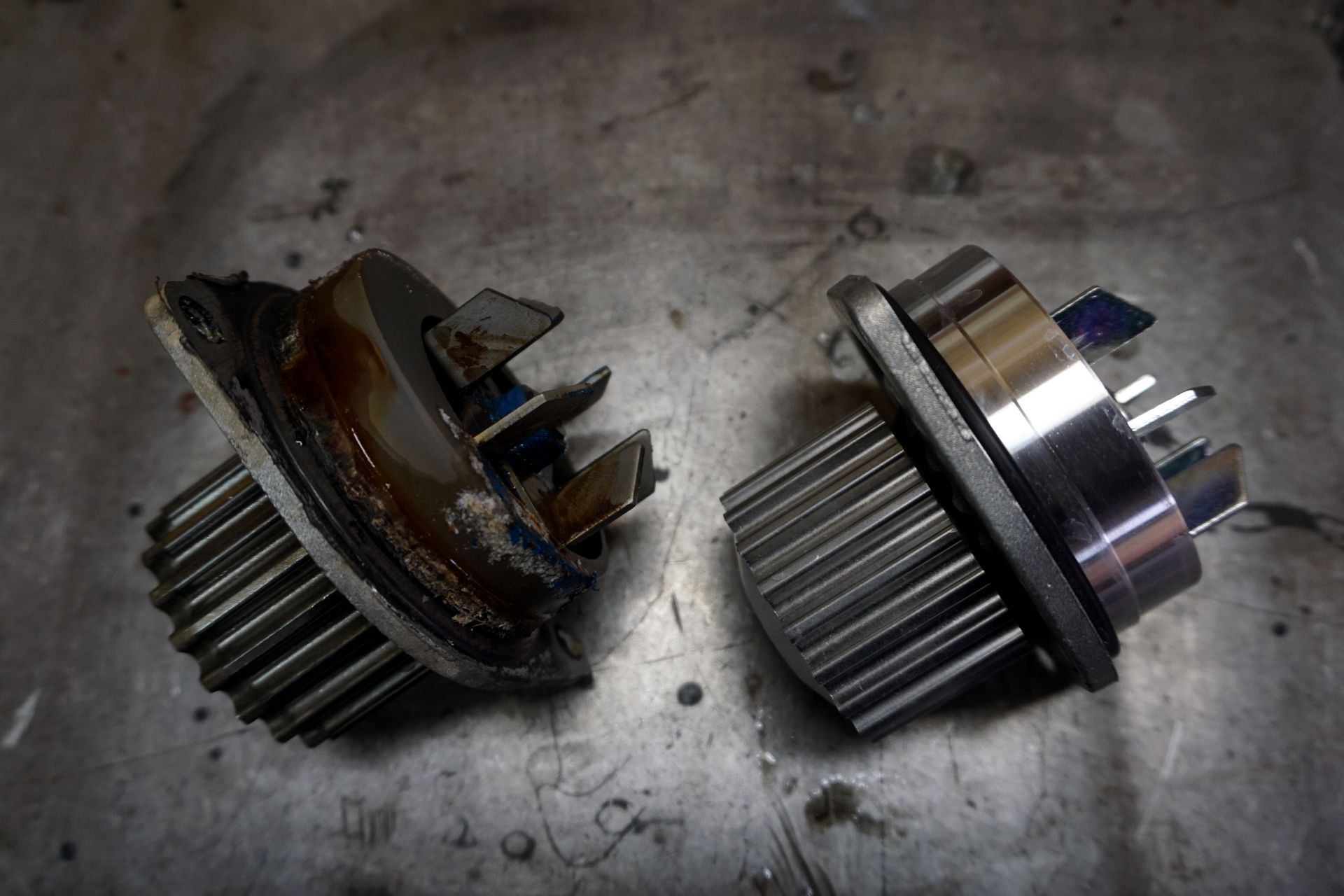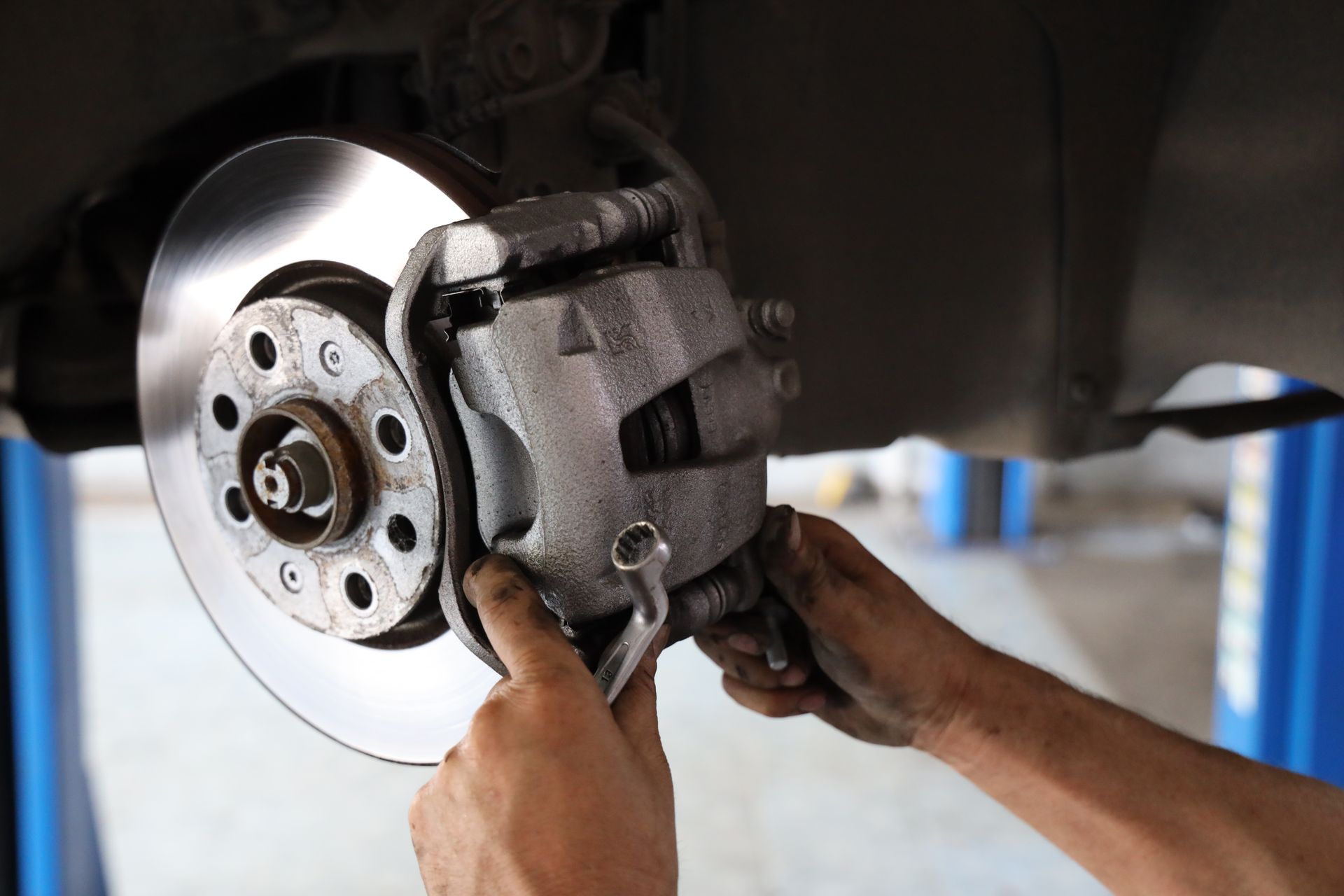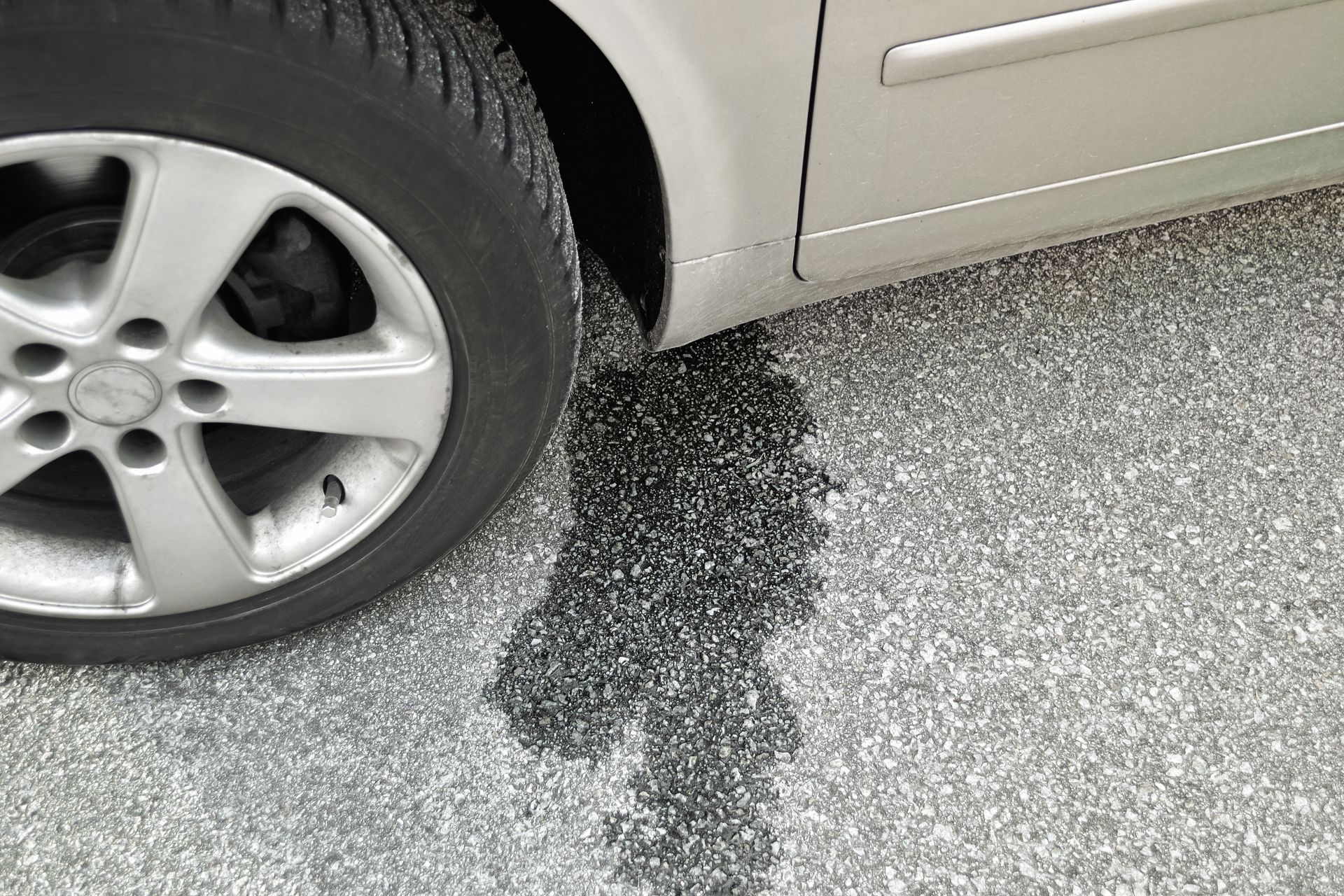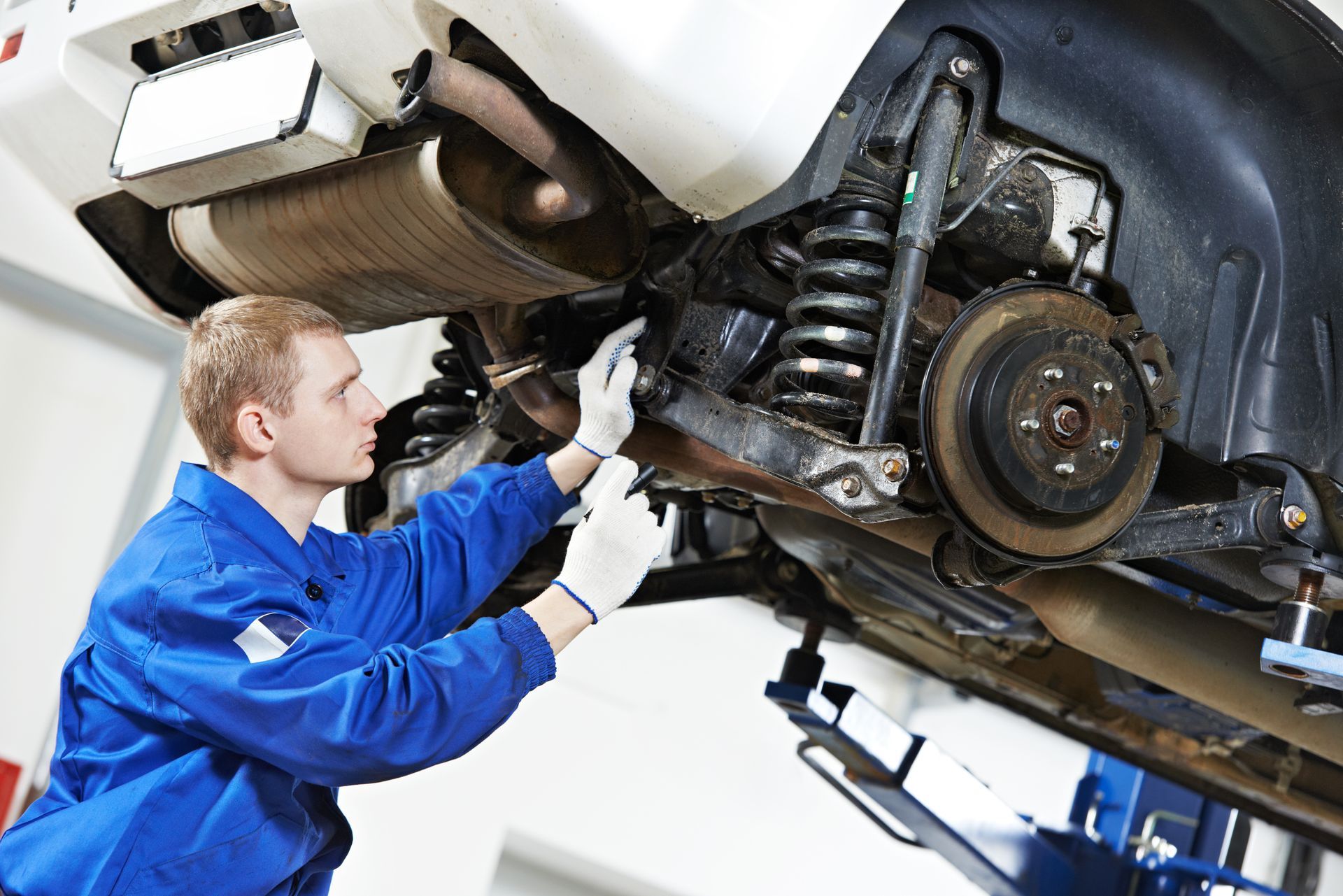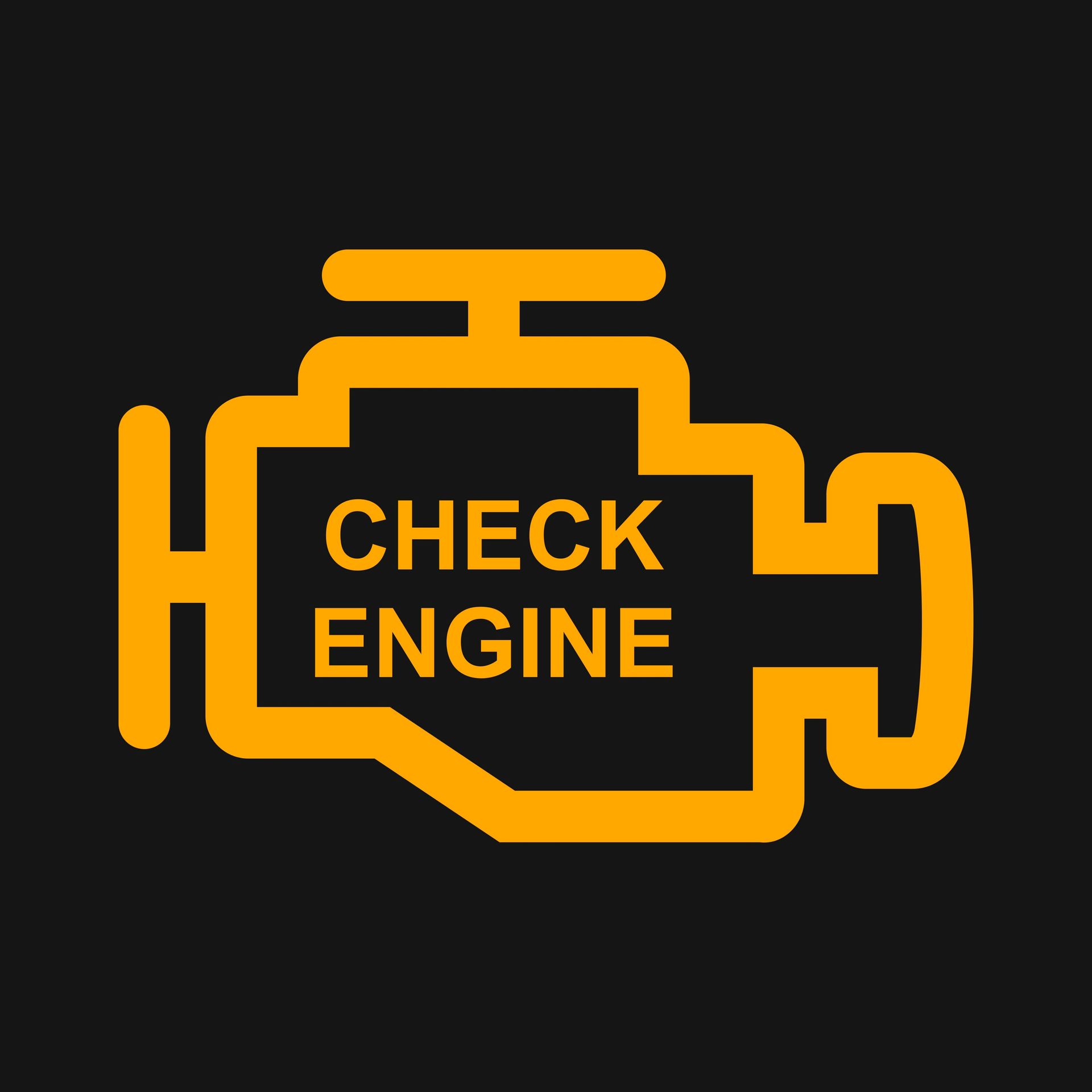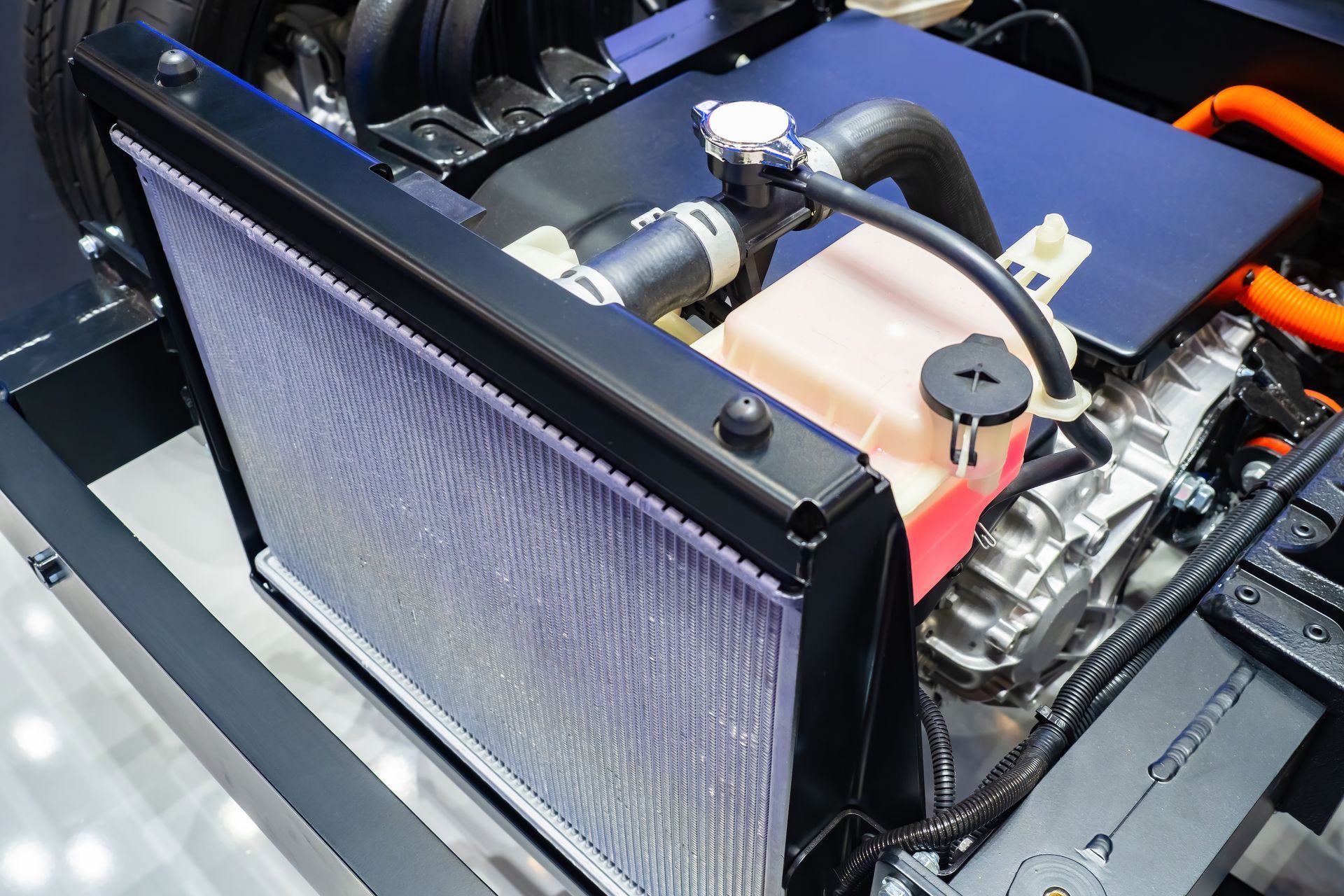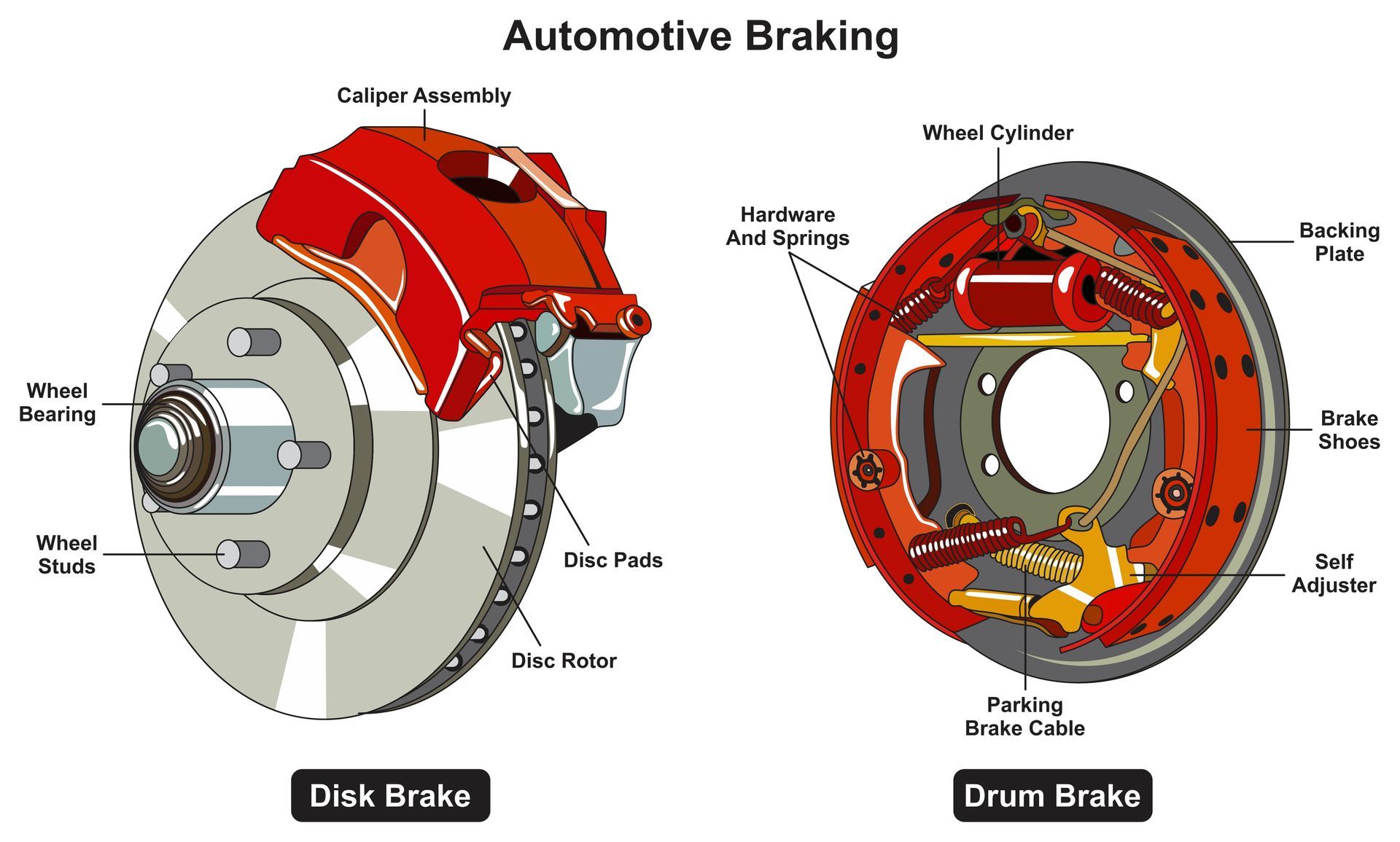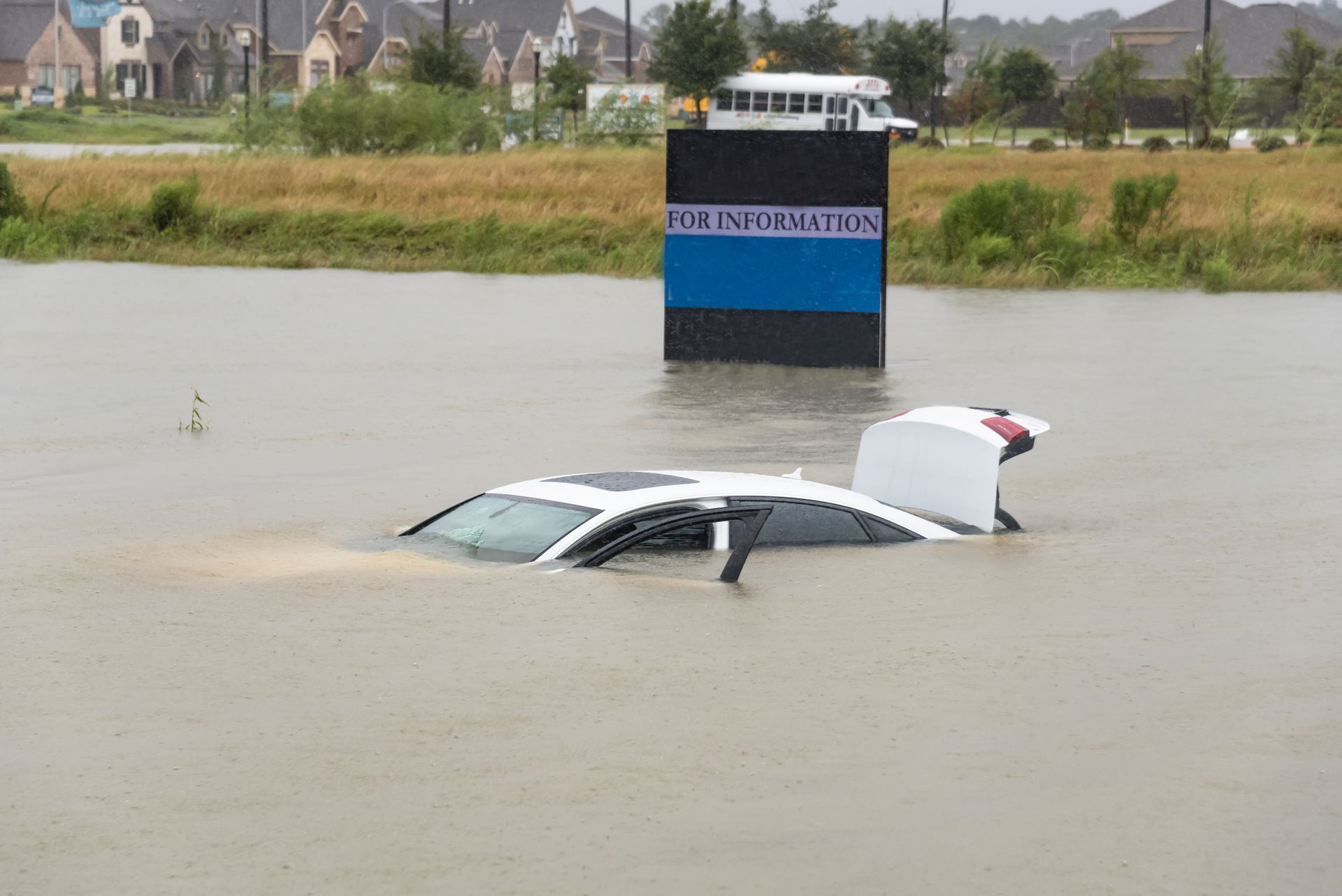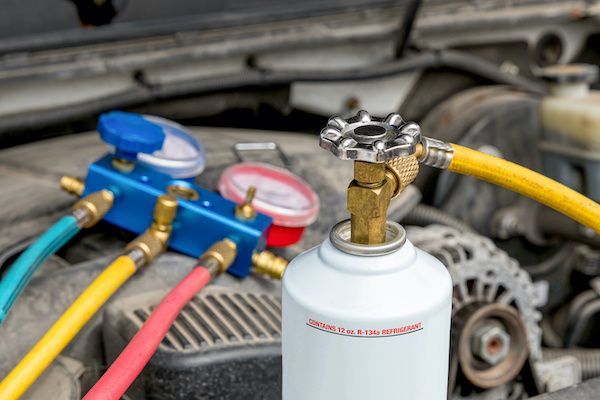
Unless you live in areas with sweltering climates, your vehicle's AC will not need recharging for at least three years. Of course, you might opt for a proactive approach and take your car for an AC recharge every three years as part of your maintenance schedule. All the same, you don't need to recharge your AC as long as you are enjoying a cool, comfortable drive.
Your vehicle's AC system performs on two distinct sides- the high and the low side. Usually, the Freon starts on the low-pressure side as gas and is converted into liquid on the high side. This consistent circulation of the refrigerant across the low and high-pressure sides is what keeps your vehicle cool.
Your vehicle's AC is an enclosed system. This is because it constantly recirculates the Freon and always needs to be pressurized. Suffice to say, these systems might eventually develop leaks, ultimately reducing the refrigerant levels. With time, the system pressure and that of the refrigerant will drop below the limit calling for recharge.
SO, HOW CAN YOU TELL THAT YOUR AC SYSTEM NEEDS A RECHARGE?
THE AC CLUTCH FAILS TO ENGAGE
When your vehicle's AC is working correctly, you may hear a clunking noise when your air conditioning is turned on. If one day you turn on your AC and you do not hear the click, it is most likely that the system is failing and needs a recharge.
VISIBLE LEAKS
Check out the ground right below your vehicle's engine compartment. If you notice tiny greasy puddles below the engine hub, it is a red flag that your Freon is leaking, and your system needs to be serviced.
YOUR AC BLOWS WARM AIR
If your AC has been blowing warm air from the in-cabin vents, this is a red flag that your AC system needs a recharge.
If you suspect that your vehicle's AC system needs a recharge, we recommend that you leave that task to the experts. They have the proper training, tools, and equipment required to guarantee quality services and accurate results.

